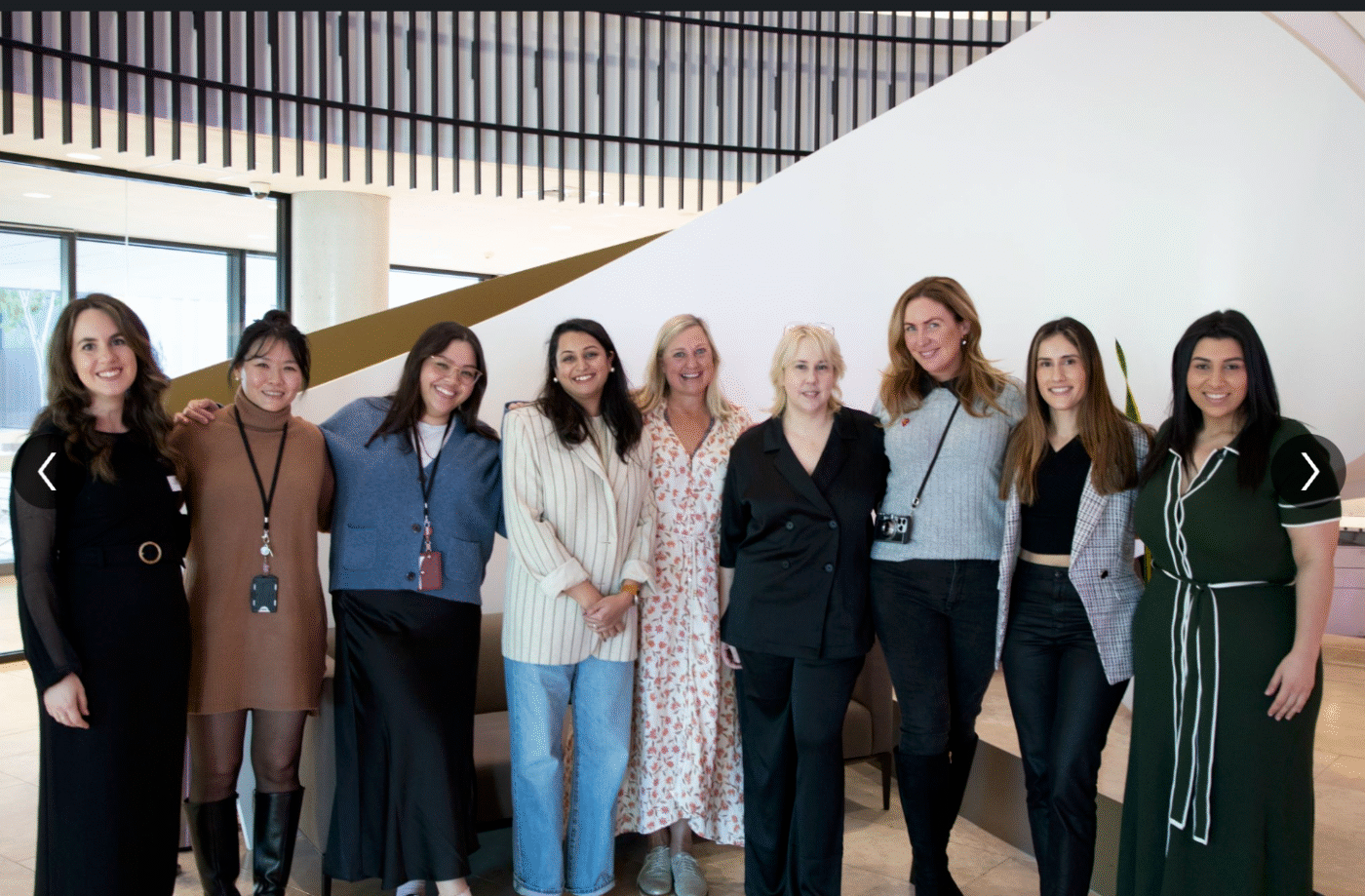For more than a decade, we’ve been told that flexible work would fix the gender gap in tech. That if women were simply given the option to work remotely, log in after school drop-off, or reduce their hours temporarily, we’d finally see a level playing field.
And yet, here we are in 2025, and the story hasn’t changed. Women and especially mothers are still being quietly sidelined.
The latest Women in Digital: Driving Change in Tech report is a wake-up call. While 77% of tech employers offer flexible work arrangements, nearly half of women in the sector still believe having children hinders their careers. Even more troubling, a growing number of women say school hours are hurting their professional progress which is up to 34% this year, compared to 29% last year.

These aren’t just statistics. They’re signals. And they reflect a deeper truth: flexibility is only as good as the culture that surrounds it.
As the founder of Women Love Tech, I’ve spoken with countless women in STEM careers. Many of them stepped into motherhood hopeful and believing they could balance both roles, especially in an era that celebrates hybrid work. But far too often, the reality is different. Promotions are offered to those who stay late on Zoom. Big projects are given to employees who are “always available.” And women, again particularly mothers, are left watching opportunities slip away.
It’s not flexibility that’s failing us. It’s the outdated notion that visibility equals value.
As Holly Hunt (CEO of Women in Digital) said “Flexibility is now widely embraced, and that’s a win for everyone in tech. However, there is a lingering culture of presenteeism, where visibility and after-hours engagement are still seen as prerequisites for advancement, which disproportionately disadvantages caregivers,”
Caregivers of all kinds
And it’s not just mothers who are affected. Caregivers of all kinds, whether looking after ageing parents or children with special needs, so often face the same unspoken bias: that commitment is measured in hours, not impact.
It doesn’t have to be this way.

Women Love Tech’s Mentorship Platform
At Women Love Tech, we’ve built a mentorship platform specifically to support women navigating these career pinch points. We connect mid-career professionals with leaders who’ve been through it all – the parental leave pauses, the part-time pivots, the return-to-work reinventions. We are about to launch practical, bite-sized courses on confidence, leadership, and negotiation. And we are proud to have created a community from our launch in 2014 where women don’t have to explain or apologise for the life they’re balancing with work.
Because here’s what I know from experience: career breaks don’t mean ambition breaks.
The Women in Digital report also gives me hope. More women are reporting access to equitable parental leave. Confidence in pay parity is up. And male allyship, though still uneven, is improving. Cultural change may be slow, but it’s happening.
Still, good policies aren’t enough if the culture underneath them stays the same. If only a third of remote employees feel encouraged to apply for executive roles, we’ve missed the point of flexibility entirely.
The tech industry has a unique opportunity right now. But if we’re aiming for 1.2 million tech jobs in Australia by 2030. That goal is only achievable if we retain the women we already have and if we make room for those returning or stepping into tech for the first time.
That means rethinking how we define leadership. That means measuring performance by outcomes, not hours online. And it means recognising that caregiving is not a career liability, it’s part of the human experience.
For all our talk about innovation in tech, it’s time we applied some to our own workplaces.
As Tesla Chair and Tech Council of Australia (TCA) Board Member Robyn Denholm said diversity is not a “nice-to-have”, it’s fundamental to building a high-performing tech sector and achieving the Australian government’s goal of 1.2 million tech jobs by 2030.
“When we talk about diversity, we’re really talking about better outcomes,” Robyn said. “Whether it’s diversity of background, experience, or perspective, it leads to stronger teams, better decisions, and greater innovation.”

These insights reinforce what I shared recently as keynote speaker at the WISE event hosted by Samsung Electronics in Sydney: Women don’t need fixing. The system does. We need inclusive cultures where flexibility means freedom, not fallback.






